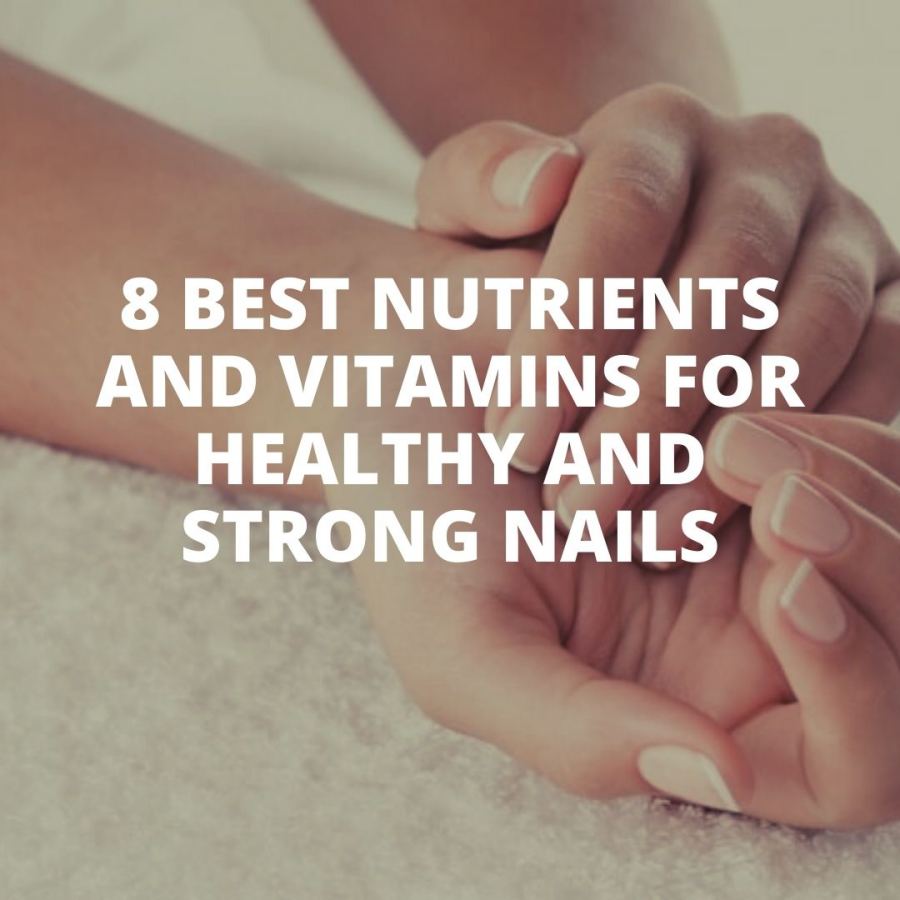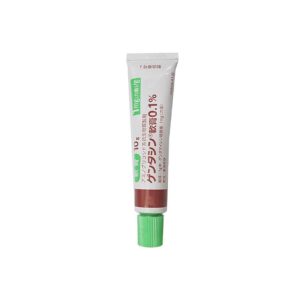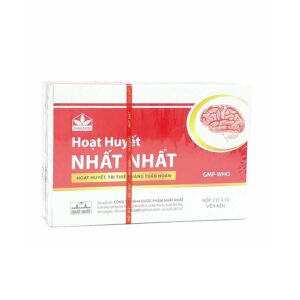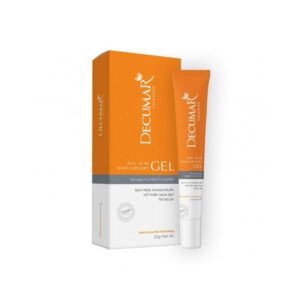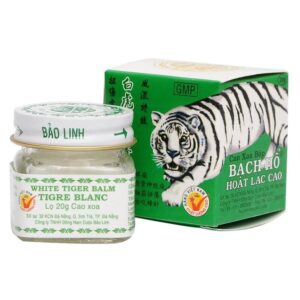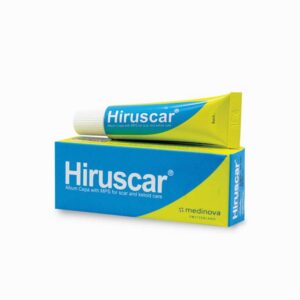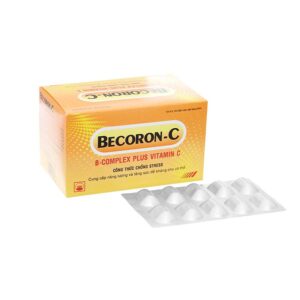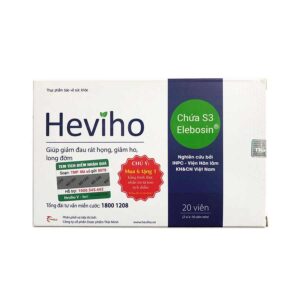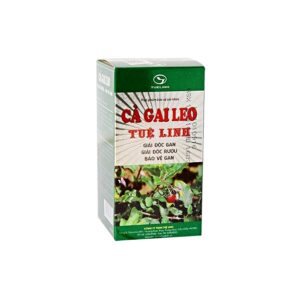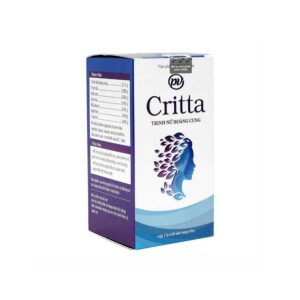Condition of our nails we can judge overall health of our body.
Fact is that nail beds serve that constantly grow nail tissues, good condition of which should be maintained by getting a sufficient amount of vitamins, nutrients and minerals. If this does not happen, nails become more brittle, brittle, and grow worse.
It is worth reflecting on fact that your body is not all right and something is not enough to fully function. Most often, negative changes in nails are provoked by a lack of nutrients and vitamins.
Below we will consider most useful vitamins for hair and nails, use of which in daily diet ensures health of all organ systems.
Iron
Iron is concentrated in red blood cells, which supply oxygen to all cells in body, including nail cells. If not enough iron in body, oxygenation function will be impaired.
If this metal is deficient, nail plates may be characterized by presence of vertical protrusions, concave shape or will simply “lie”.
Daily intake of this trace element is different for each age group, and takes into account gender of person. It is recommended that men consume about 8 milligrams daily, and women under age of 50 – 18 milligrams. After menopause, daily iron requirement is reduced to 8 milligrams.
You can get iron from everyday foods, particularly when you include beef, chicken, fish, eggs, dark green leafy vegetables, peanuts, beans, and seeds in your diet.
If you diversify your diet with foods enriched with vitamin C, it will improve metal absorption. A prime example of a healthy salad would be a mix of strawberries, oranges, spinach, beans and seeds.
Without iron, it is impossible to provide all cells of body with oxygen, and this in turn affects condition of nails. If micronutrient is lacking, they will not be healthy, strong and with a beautiful shape.
Magnesium
Magnesium is a valuable mineral that is involved in more than 300 biochemical reactions in human body, including helping to synthesize a protein that is important for nail growth.
If vertical protrusions appear on your nail plates, it indicates a magnesium deficiency in your body. This trace element is widespread, but WHO says 60 percent of American population cannot consume enough.
Daily intake of magnesium for body is 400-420 milligrams for men and 310-320 milligrams for women.
Whole grains, particularly wheat grains, contain large amounts of mineral, and foods such as almonds, dark green leafy vegetables, quinoa, black beans, peanuts, edamame, and cashews are also fortified with it.
If your body gets right amount of magnesium, it will get rid of protrusions on your nails. This mineral is essential for protein synthesis and ensuring good nail growth.
Biotin
Biotin is a complex B-vitamin, also known by its other names, vitamin B7, vitamin H and coenzyme R.
Its benefit to human body lies in activating cell growth and accelerating protein metabolism based on amino acid structures, which in turn is essential for maintaining strong nails.
If you regularly consume foods enriched with biotin, it will get rid of nail brittleness. Also, studies have been able to establish positive effects of biotin supplements so that you can have beautiful nails.
One trial involved 35 people characterized by nail brittleness. They were given 2.5 milligrams of biotin every day for 6 weeks to 7 months and 63 percent of subjects saw improvements in their nails.
Biotin deficiency is extremely rare, although there is no recommended intake of this nutrient. Recommended that adults consume 30 mcg per day.
Highest content of biotin is in liver, animal meat, egg yolks, dairy products, yeast, avocados, nuts, seeds, babat, cauliflower, and salmon.
If you regularly eat a nutritious diet and include in your diet products enriched with vitamin H, it will replenish microelement and improve health of nails.
Omega-3 fatty acids
Polyunsaturated omega-3 fatty acids moisturize skin and nails and give them a natural shine. These micronutrients reduce inflammation in nail bed, nourish cells and take care of their health, as well as stimulate growth of new cells. Omega-3 deficiency in body dries out nail plates and increases their fragility.
Recommended to consume 1.6 grams of acids every day for men and 1.1 grams for women.
Highest content of nutrient is in meat of fish, in particular – salmon, mackerel, sardine, tuna, trout, in addition, nuts, soybeans, eggs, chia seeds, flaxseeds, fish oil, flaxseed oil are enriched with Omega-3.
It is enough to consume necessary amount of acids every day to take care of strengthening nails and making them shiny and beautiful
Other B vitamins
Other B-group micronutrients also have beneficial properties for condition of nails. For example, B12 performs function of iron assimilation, activates production of red blood cells.
Iron in combination with vitamin B12 is extremely important for health of nails to ensure their strength.
Lack of nutrient in body, nail plates are covered with a blue color, bluish-black pigments and wavy longitudinal streaks may appear, and brown pigmentation is also not excluded.
B9, called folate, promotes proper growth and maintenance of healthy nails, is also involved in production of red blood cells and ensures cellular development.
Deficiency of folic acid, pigmentation may appear on nails, plate is characterized by greater stiffness and brittleness.
In order not to be deficient in vitamins, daily intake of nutrients for adults should be:
- Vitamin B12 – 2.4 mcg;
- Vitamin B9 – 400 µg.
Dark green vegetables, citrus fruits, peas, avocados, seeds, nuts, lentils and legumes have highest folate content. If we talk about B12, eggs, poultry, dairy products, and fish are enriched with it.
Both vitamins are valuable and useful for health of our body in general, as well as organizing transport of oxygen to nail cells. Constant deficiency of micronutrients, nails will become discolored.
Protein
Composition of human nails is a fibrous structural protein called keratin. It helps nails to become strong and resilient. It also provides protection against physical damage and stress.
Keratin from which our nails are made is already dead, as this is specificity of skin derivatives on our limbs. Body ejects dead cells, then new layers push them out from below.
It is important to design your diet so that you consume enough protein, thereby increasing keratin levels in body and ensuring strength of nails. If this is not observed, plates will quickly weaken and become brittle.
Daily protein intake for an adult is 0.8 grams per 1 kilogram of body weight. For example, a person weighing 68 kilograms should get 55 grams of protein per day.
Due to permissible range of distribution of micronutrients, it is recommended that proportion of protein in daily diet be 10 to 35 percent of total calories, so that figure will be much higher than net norm per day.
Protein is found in plant and animal foods, particularly meat, poultry, fish, eggs, dairy products, soybeans, legumes, lentils, nuts, seeds and whole grains.
For our body to produce keratin, it is important to consume sufficient amounts of protein, which is responsible for elasticity, strength and health of nail plate.
Vitamin C
Due to intake of Vitamin C in our body produced collagen – a protein responsible for shape, strength and integrity of many tissue structures, as well as serving as building blocks for formation of teeth, nails and hair.
If our body lacks this nutrient, our nails become brittle and stunted in growth. It is not produced in body, so we can only get it from external food sources.
Vitamin C acts as a key micronutrient, so daily norm for men is 90 milligrams and for women 75 milligrams.
Enriched composition of nutrient is characteristic of such foods as bell peppers, oranges, tomatoes, strawberries, green vegetables, and kiwi. In particular, red peppers contain twice as much vitamin C as oranges.
Zinc
Zinc is a mineral that participates in many biochemical reactions in body, particularly in cell division and growth.
Nail plates are made up of various cells that grow and divide. This active production requires a constant supply of zinc in body to take care of healthy skin derivatives.
If body is deficient in mineral, nails will begin to degenerate and white spots will appear on their surface.
Daily intake is 11 milligrams for men and 8 milligrams for women.
Excellent sources of zinc in foods such as poultry and fish, eggs, beef, chickpeas and soybeans, nuts, seeds and black beans.
Thus, it is impossible to imagine good nails without zinc, and it is possible to take care of beauty and health of nails, by means of consumption of products, enriched with mineral.
Is it worth taking nutritional supplements?
If your daily diet is enriched with nutrients, it means that your body gets all necessary trace elements and vitamins to strengthen your nails. But it’s not always possible to keep such a regime, so nutritional supplements help to take care of beautiful and strong nails.
However, there is not enough evidence of their effectiveness, and among all known supplements, only biotin supplements can help to solve problems with brittle and brittle nails.
When certain nutrients are lacking, condition of nails deteriorates and whole body suffers.
It is important to eat right and try to get all vitamins and minerals from natural foods, but as a last resort, you can resort to supplements that will keep your nails healthy.
Conclusion
Despite fact that when you get all necessary nutrients and nutrients your nails will be strengthened and restored, you should not include supplements in a complete diet.
Only exception is biotin, which saturates skin with vitamins and helps to revitalize nail plates.
To maintain beauty and strength of nails, it is necessary to consume fruits, vegetables, meat, Omega-3, nuts, and dairy products every day.
Read more articles:
9 Foods to Boost Your Immunity
Frequently asked questions about Gasimax Weight Loss Products
Menstrual disorders after taking birth control pills?
Serious mistakes when using antibiotics

